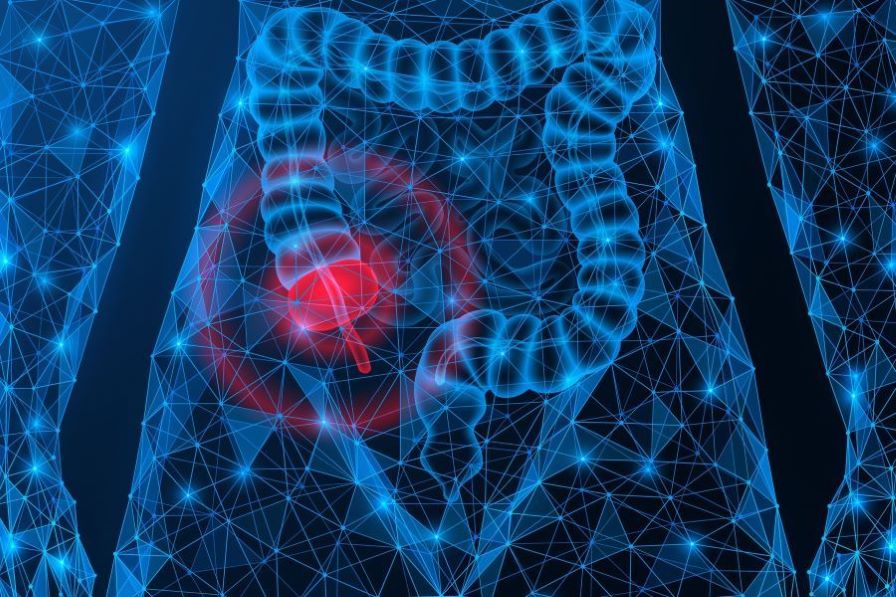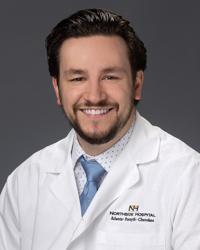
Let’s talk about the appendix — that little organ that causes us such problems.
As a surgeon, an appendectomy is probably the most common surgery I do, especially for patients coming through the emergency department. But many people still don’t know much about this organ, so let’s clear that up.
First, what is the appendix?
Its proper name is the vermiform appendix, which means “worm-like” in Latin. That’s pretty fitting, since it’s a narrow, tubular structure that dangles off the first part of your large intestine, known as the cecum. It’s where three muscle bands of the colon converge — something we surgeons rely on when hunting for a stubbornly hidden appendix during surgery.
Most of us were taught that the appendix is a vestigial organ. Its function has been poorly understood for many years. However, recent research suggests it may play a role in immune function and gut health, possibly acting as a “safe house” for beneficial bacteria. Still, people do just fine without it.
So, what can go wrong?
The big one is appendicitis. Historically known as “side sickness,” appendicitis happens when the appendix becomes inflamed, usually from an obstruction. And this obstruction can be secondary to any number of things — cancers or masses, or tumors of the appendix. But most commonly, it's a stool stone, also known as a fecalith. That blockage causes pressure to build, leading to swelling, infection and, if left untreated, rupture.
And yes, cancer can affect the appendix, too. It’s rare (about 1% of cases), and we usually find it incidentally when the appendix is removed for other reasons.
Appendicitis is 40% more common in males. And men are more likely to present at the hospital with a perforation.
 How do you know if it’s appendicitis?
How do you know if it’s appendicitis?
Early signs include loss of appetite and abdominal pain, which often starts around the belly button and then moves to the lower right side. Pain usually has a sudden onset and will progressively worsen.
You might also experience:
- Nausea and vomiting
- Fevers and chills
- Constipation or diarrhea
- Bloating.
If those symptoms sound familiar, don’t wait — get checked out.
How is appendicitis diagnosed?
In children, we use ultrasound to avoid radiation. For adults, a CT scan is the gold standard for diagnosis. It shows us the swollen appendix — and sometimes even the fecalith — clearly.
Can it be treated without surgery?
That’s a common question. Recent studies, including the CODA trial, suggest antibiotics alone can work for some people. But about 30% of those patients end up needing surgery within three months, and they’re more likely to have complications and return visits to the ER.
In my experience, if you're healthy enough for surgery, taking the appendix out is still the best option.
What should you expect with surgery?
Roughly 300,000 appendectomies are performed in the United States each year. We typically remove the appendix laparoscopically, through a few small incisions using a camera and special instruments. It’s safe and effective.
In more complicated cases, like when the appendix has ruptured, we might place a drain or delay surgery until the infection clears up.
After surgery?
You don’t need to change your diet. You’ll follow up in the office to check on healing and review your pathology. If everything looks good, that’s the end of the story.
So yes, the appendix is tiny — but don’t underestimate it. It’s responsible for one of the most common surgical emergencies we see, and when it acts up, it demands our full attention.
Learn more about surgical services available at Northside.

